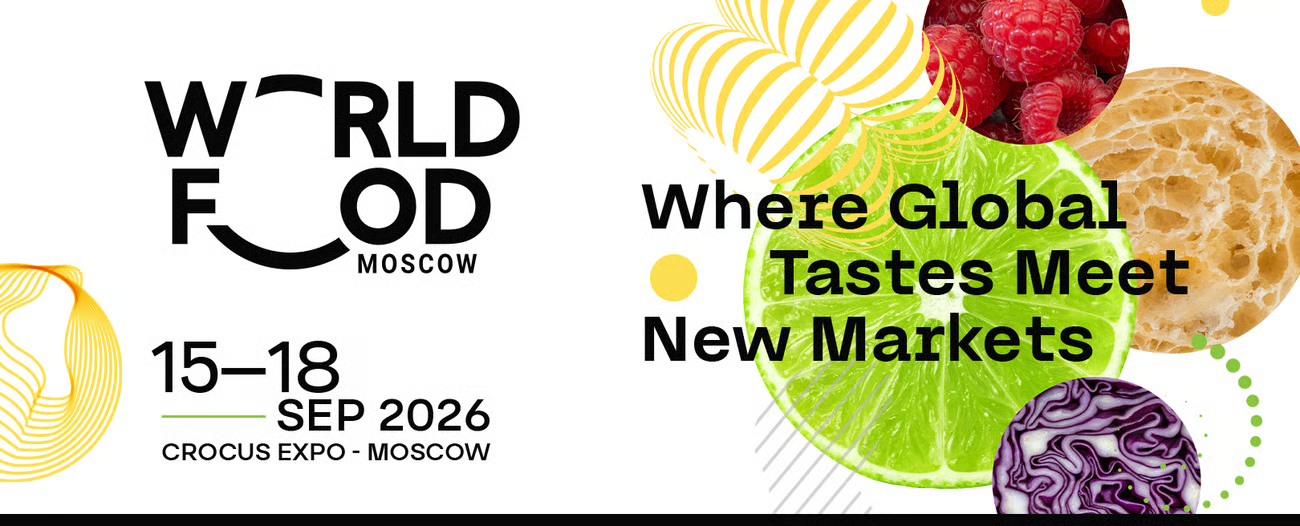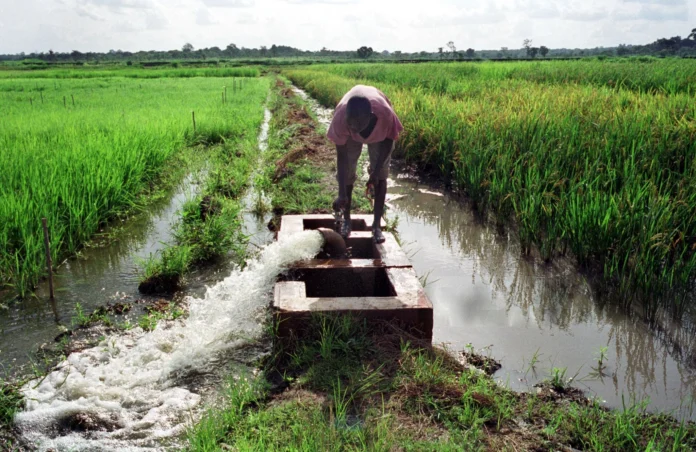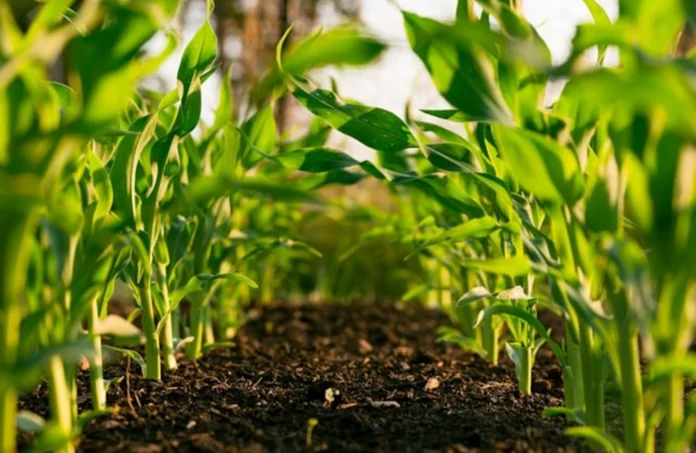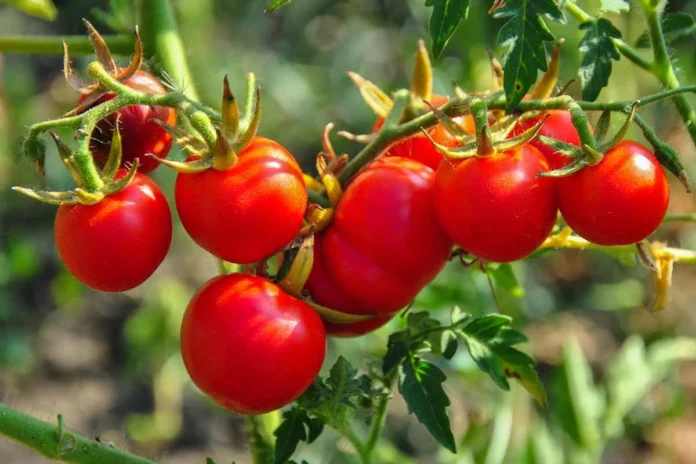Arabfields — Jericho, often hailed as one of the oldest continuously inhabited cities in the world, sits in the heart of the Jordan Valley in the occupied West Bank. This arid landscape, flanked by the Jordan River and the Dead Sea, has been a cradle of agriculture for millennia. Date palms, with their towering fronds and clusters of sweet fruit, have long symbolized resilience here, a fitting emblem for the Palestinian farmers who cultivate them amid ongoing political and economic hardships. At the forefront of this industry stands Palestine Gardens, a leading producer and exporter of Medjoul dates, where Managing Director Mo’men Sinokrot embodies the unyielding commitment to the land that defines his community.
Founded in 2007 as part of the Sinokrot Holding group, a conglomerate with over four decades of experience in global markets, Palestine Gardens has grown into Palestine’s premier date exporter. The company specializes in high-quality Medjoul dates, a variety prized for its large size, rich flavor, and soft texture. Operating from its base in Al Ouja, Jericho, Palestine Gardens collaborates with approximately 50 growers across the Jordan Valley, ranging from small family-run farms to larger operations. All dates are processed, sorted, and packaged at the company’s state-of-the-art facility in Jericho before being shipped worldwide.
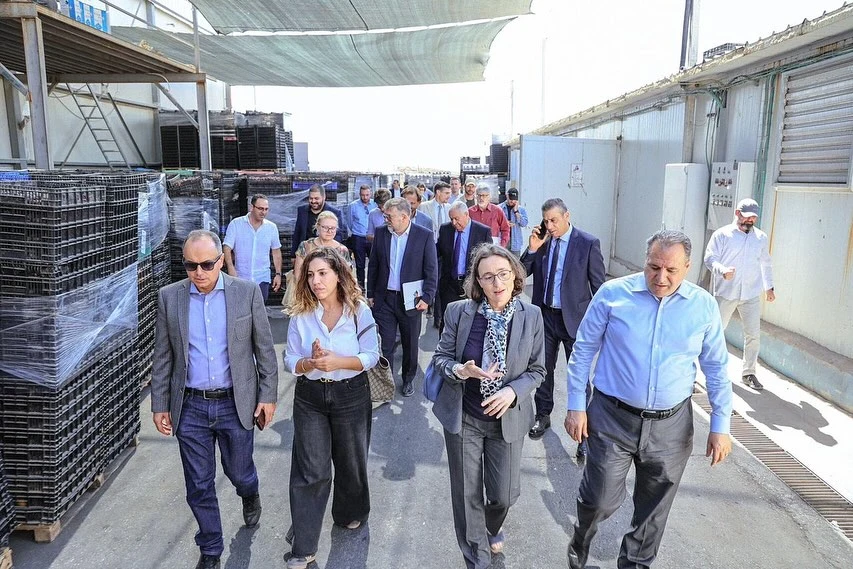
The Medjoul date, originally from North Africa, has a storied history in the region. Introduced to the Jordan Valley in the mid-20th century, it has become a cornerstone of Palestinian agriculture. In 2012, the West Bank alone boasted around 85,000 date palms spread over 600 hectares, contributing to a total harvested area of 725 hectares across the occupied Palestinian territories. By 2019, Palestinian production had reached about 9,500 tons annually, with projections for 12,000 tons that year, reflecting a robust 20% annual growth rate driven by the youth of the palm trees, most averaging six to seven years old. This expansion positions Palestine among the top five global Medjoul producers, alongside Israel, Jordan, South Africa, and California. Exports account for 70-80% of output, fueling economic growth in a sector that now supports thousands of jobs in farming, packaging, logistics, and related industries.
Yet, this success story unfolds against a backdrop of profound adversity. The Israeli occupation imposes severe restrictions on Palestinian agriculture, particularly in the Jordan Valley, which Israel designates as Area C, under full Israeli civil and security control. Mo’men Sinokrot, in conversations with industry outlets, highlights the multifaceted challenges: from convoluted export logistics and limited access to water and essential inputs, to unfair competition from Israeli settlers. “The challenges to produce and export are severe, but the people’s commitment to the land remains steadfast,” Sinokrot states.
Exporting Palestinian dates is a testament to ingenuity and perseverance. Palestine Gardens ships to over 30 countries, including key markets in Europe (such as the UK, Italy, Sweden, the Netherlands, Germany, Belgium ..), North America, the Gulf states, Asia, Australia, India, and the Middle East. The company prioritizes traceability and quality, holding certifications like GlobalGAP, ISO 22000:2018 for food safety, and the Palestinian Quality Certificate. Every box is traceable from field to customer, ensuring authenticity when labeled as “Palestinian.”
The journey to international markets, however, is fraught with obstacles. Most shipments transit through Israeli ports like Ashdod or Haifa. As Sinokrot explains: “The container comes to our packhouse in Jericho. We load it onto a Palestinian truck, which is scanned and inspected at the Israeli checkpoint. Then it’s transferred to an Israeli truck and taken to the port. This process adds delays and costs.” For eastern markets, routes via Jordan’s Aqaba port through the King Hussein (Allenby) Bridge offer an alternative, primarily for Asia and the Middle East.
These logistics are compounded by broader economic pressures. Since October 7, 2023, the political situation has intensified, with inflation driving up costs for production, packaging, and shipping. Shipping expenses have soared, and currency fluctuations, such as the weakening pound, further strain exporters. Despite these hurdles, Palestine Gardens maintains a quick turnaround: Harvest typically begins in early September, with dates reaching stores within three weeks.
Water scarcity stands as one of the most pressing threats to Palestinian farming. The Jordan Valley’s saline soil and water, influenced by proximity to the Dead Sea, make it unsuitable for many crops like vegetables, citrus, or bananas, prompting a shift to resilient date palms. “The water we use has high salinity levels… but date palms thrive,” Sinokrot notes. This adaptability has made dates a lifeline, preserving agricultural land and Palestinian identity in the valley.
However, access to this vital resource is severely curtailed. Palestinian communities in the northern Jordan Valley consume just 26 liters of water per capita per day, far below the World Health Organization’s minimum of 100 liters, while nearby Israeli settlements enjoy 300-440 liters. Israel controls 85% of the West Bank’s water resources, diverting springs and aquifers to settlements. “In some areas, we used to get water from natural springs coming from Ramallah,” Sinokrot says. “But many of those are now tapped by Israeli settlers, who build wells upstream. What we get downstream has dropped to just 3 per cent of what we were getting ten years ago.”
Permits for new wells are virtually unattainable; none have been issued to Palestinians since 1994, according to Sinokrot, echoing reports from human rights organizations. This disparity has decimated other crops: Banana and citrus farms have vanished, reducing agriculture’s GDP contribution from 28% to 7%. In contrast, Israeli date production, which commands 75% of the global Medjoul market, benefits from unrestricted water access, much of it on settlements in the Jordan Valley.
The imbalances extend to agricultural inputs. Certain fertilizers are classified as “dual-use” items by Israeli authorities, potentially usable for non-agricultural purposes, and thus banned for import into Palestinian areas. “We can’t import certain fertilisers because they’re deemed dual-use… But Israeli farmers can use them freely,” Sinokrot explains. “That’s why their yields can be 40-50 per cent higher than ours. We can’t pass the extra cost to the customer. So our margins shrink.”
This creates an uneven competitive landscape. Palestinian yields lag behind, yet producers like Palestine Gardens persist, driven by necessity. “We keep going – because this is our livelihood, and our land,” Sinokrot emphasizes. The company’s eco-friendly practices, including cardboard packaging and adherence to international standards, help mitigate some disadvantages.
Palestine Gardens offers a range of brands to suit diverse markets, all maintaining uniform taste and food safety standards. The dates are naturally sun-dried, allowing a shelf life of up to two years when stored properly, a boon for navigating export delays.
- Qamar (Moon) Dates: The premium line, featuring first-class Medjoul dates sorted for high-end retailers. Available in sizes from small to super jumbo and packages of 0.5kg to 5kg.
- Sahara Crown Dates: Mid-range option, offering quality at an affordable price. These dates share the same cultivation standards but may have looser skin due to weather variations.
- Watani Dates: Targeted at the local Palestinian market, providing high-quality dates in 1kg and 5kg packages.
The company customizes packaging, including private labels, to meet client needs, and has earned accolades like a three-star rating from the International Taste Institution.
Despite the obstacles, the Palestinian Medjoul sector is expanding, with demand surging due to the fruit’s health benefits and cultural significance, sales peak during Ramadan in the Middle East and Christmas in Europe. Palestine Gardens participates in international exhibitions like Gulfood and Fruit Logistica to forge new partnerships.
Sinokrot’s vision encapsulates the industry’s spirit: “Agriculture is the best way for us to keep our land in the Jordan Valley, to preserve it, and to preserve its Palestinian identity.” In a region where water, land, and livelihoods are contested, these date palms stand tall, rooting a people in their heritage while branching out to the world.


